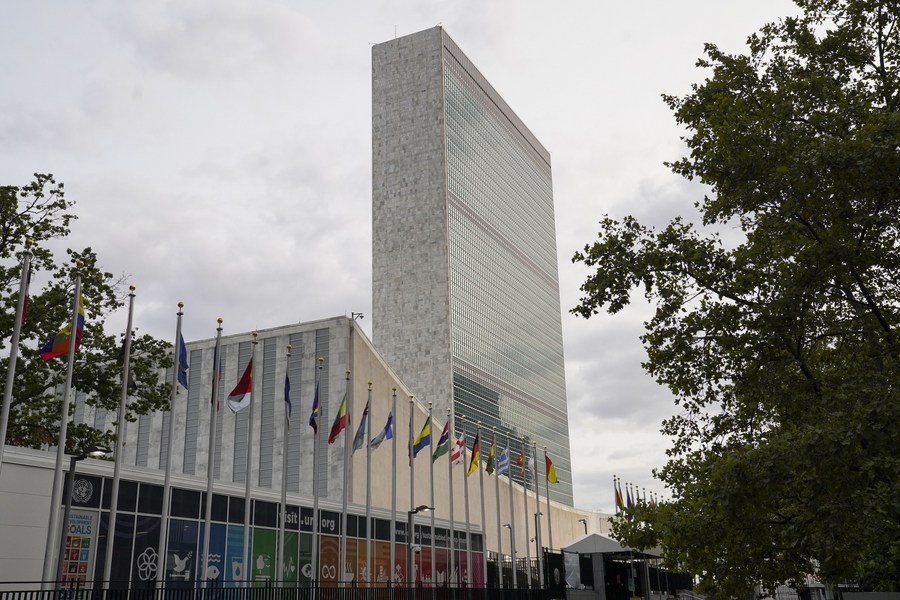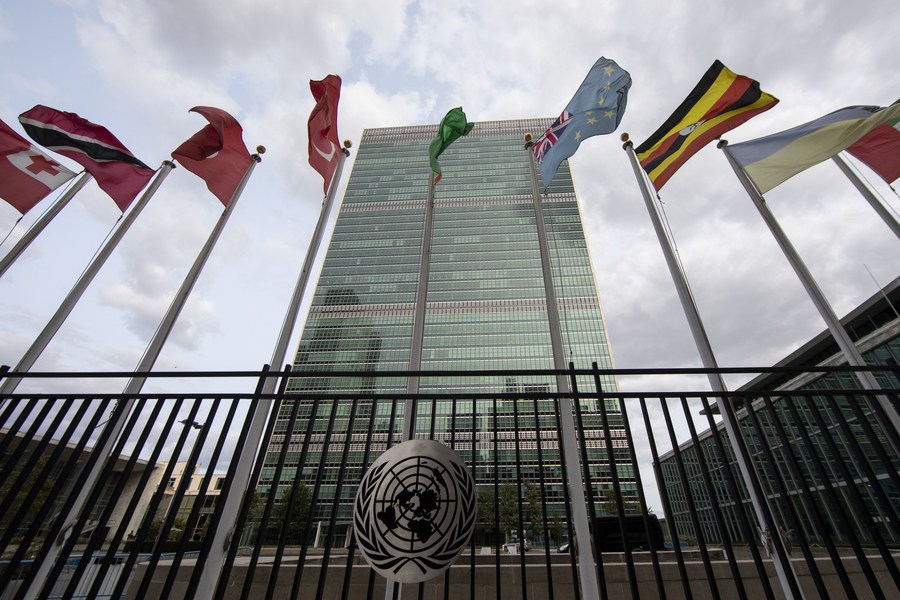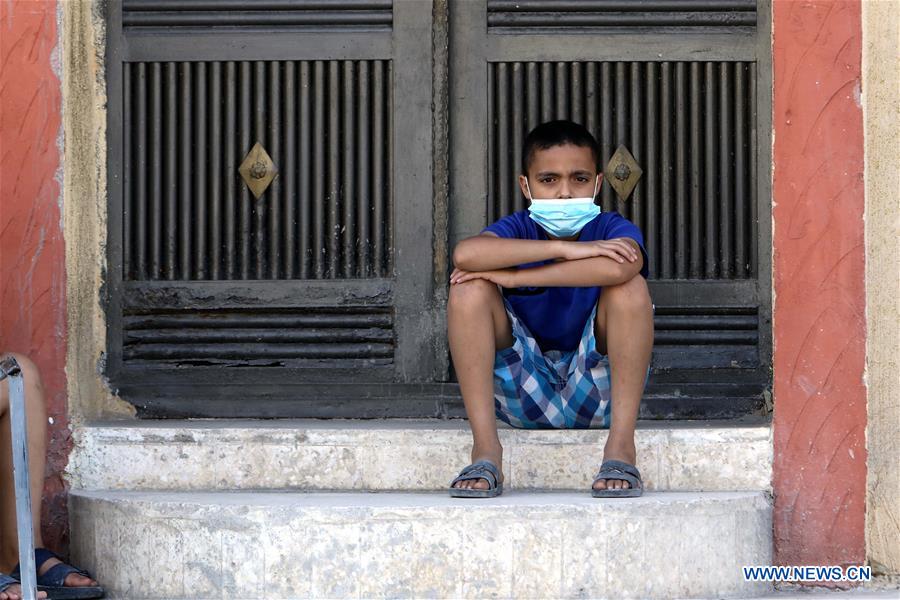-- The UN Charter was signed at a time when world leaders felt a strong need for a mechanism that would help bring peace and stop future wars, which was possible only if all nations worked together through a global organization.
-- After decades of globalization and integration, the world is facing widening fragmentation in response to salient risks and challenges, due to the return of unilateralism, protectionism, treaty withdrawals and military and economic bullying practices.
-- As a founding member of the UN and a permanent member of the Security Council, China has honored its commitments to the purposes and principles of the UN Charter, and has been defending the UN in responding to global threats and in pursuit of peace and development.
BEIJING, Sept. 15 -- Chinese President Xi Jinping will attend high-level meetings of the United Nations via videoconference next week to join world leaders in tackling global challenges.
This year marks the 75th anniversary of the founding of the 193-nation body, growing from 51 signatories including China at the end of the Second World War. Today the world is at another juncture in human history, and efforts must be doubled to "save succeeding generations" as is enshrined in the UN Charter.

Photo taken on Sept. 14, 2020 shows the outside view of the United Nations headquarters in New York, the United States. (Xinhua/Wang Ying)
MULTILATERALISM IN JEOPARDY
The UN Charter "brought rules and hope to a world in ruins," said UN Secretary-General Antonio Guterres while commemorating the organization's birth. It was signed at a time when world leaders felt a strong need for a mechanism that would help bring peace and stop future wars, which was possible only if all nations worked together through a global organization.
However, after decades of globalization and integration, the world is facing widening fragmentation in response to salient risks and challenges, due to the return of unilateralism, protectionism, treaty withdrawals and military and economic bullying practices.
The unprecedented COVID-19 pandemic, which has brought almost 1 million deaths worldwide and paralyzed the global economy, is a reminder of a world in similar chaos in 1945.
"In 1945, the most destructive war in human history had just ended with a general recognition that humanity can never again allow such unmitigated devastation to be unleashed by national conflict and conquest, and that only a multinational body could provide that hope, if not that guarantee," said Robert Lawrence Kuhn, chairman of the Kuhn Foundation based in Los Angeles and New York.
"There are always differences among nations. The high road is figuring out how to develop collective opportunities while controlling potential conflict by constant contact," he said.
Warning about the dangers in international relations in the era of instant global communications and inflamed social media, Kuhn suggested that global geopolitics need both multinational organizations and strong bilateral relations among nations.
"The UN cannot be the whole answer, but it is certainly part of the answer," he said.













